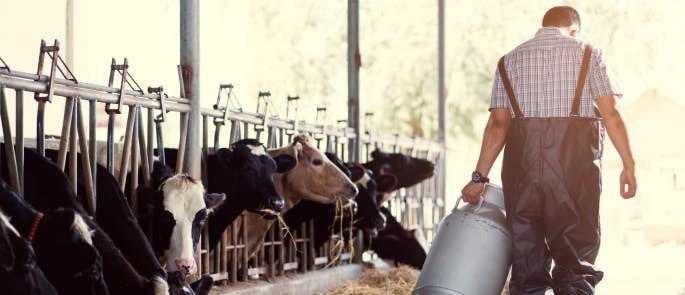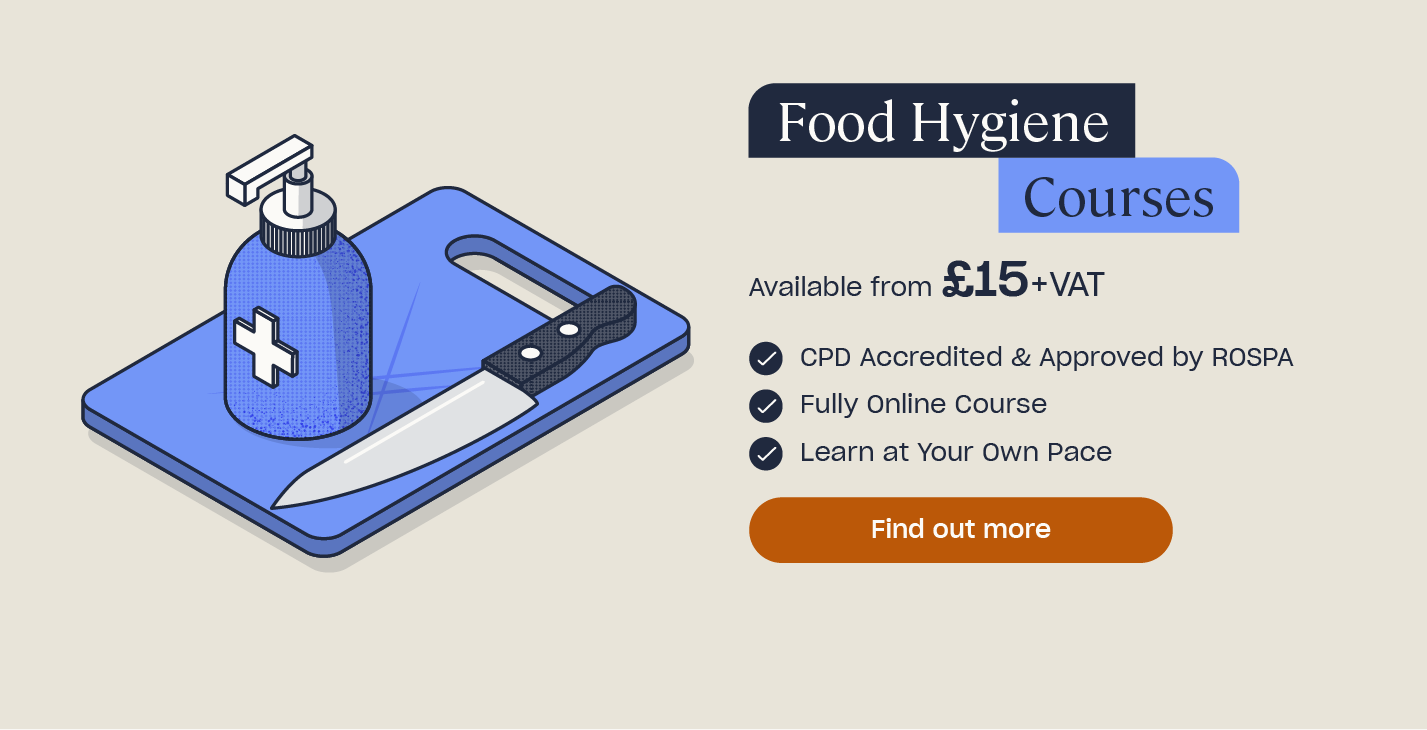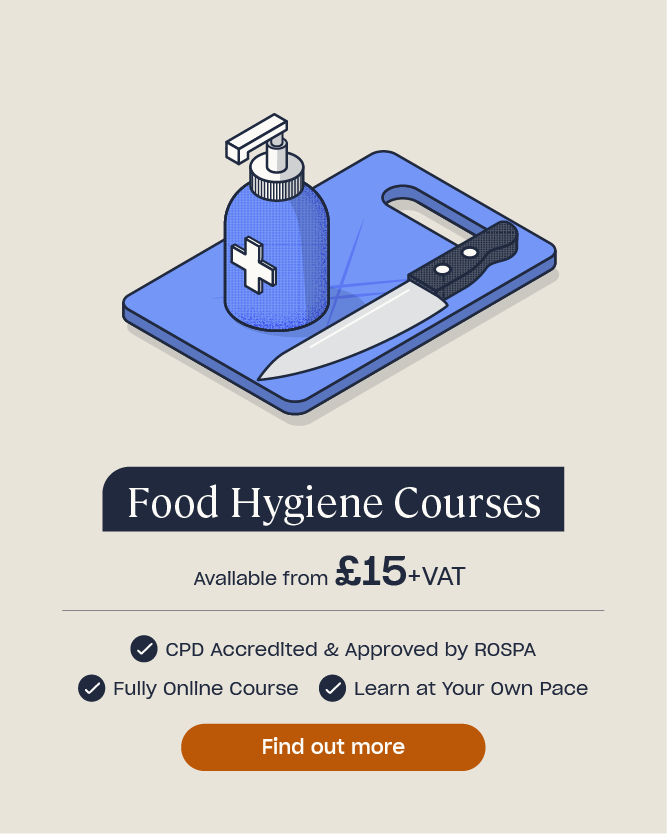Whistleblowing on Food Crime – Do You Know Your Rights?
As a result of the horsemeat scandal, the Elliott Review recommended that all food businesses take a zero-tolerance approach to food crime and support the incorporation of whistleblowing procedures. Therefore, your organisation should have procedures in place and support any employee who needs to whistleblow.
However, if you become aware of organisational wrongdoing, such as food crime, deciding to whistleblow can be daunting. This is particularly true if other employees ignore the situation or you are unaware of your rights.
If you are ever in a position where you need to ‘blow the whistle’, there are laws in place to protect you. This article will explain what whistleblowing is, who you should report your concerns to and what your legal rights are.

 What is Whistleblowing?
What is Whistleblowing?
Whistleblowing is the act of reporting certain types of wrongdoing or dangers at work. To be considered whistleblowing, the wrongdoing you disclose must impact others and be non-trivial.
This means that personal grievances, such as bullying or the breach of an employment contract, are not covered under whistleblowing law, unless there is something about the situation that could impact public interest. In general, any situation where an individual has a personal interest in the outcome of a grievance is not considered whistleblowing.
If you report any of the following wrongdoings, it is considered whistleblowing and you will be protected by law:
- Criminal offences, such as food crime, including food fraud, or financial fraud.
- Any occasions of the organisation breaking the law, such as reselling a recalled food product.
- Any occasions when you suspect someone is attempting to cover up wrongdoing. For example, destroying documents relevant to a lawsuit.
- Danger to one or more person’s health and safety. Food crime can seriously impact the health and safety of the general public who may consume impacted products. However, this protection also extends to reporting anything you may observe that puts another person’s health or safety at risk. For example, threats of violence to a co-worker to keep quiet about food crime.
- Environmental damage, including the risk of environmental damage.
- Miscarriage of justice, for example, the conviction of an innocent person. In food production, this could be the scapegoating of an innocent person in a case of food crime, allowing the real culprit to walk free.
 What are Your Rights?
What are Your Rights?
Anyone who needs to whistleblow is protected by law against unfair treatment or loss of employment. This law covers all ‘workers‘, including:
- Employees, for example, factory workers, office workers and waiting staff. This includes employees with contracts that use terms such as ‘casual’, ‘freelance’ or ‘zero-hour’.
- Agency workers and contractors.
- Trainees, including apprentices.
Overall, anyone who has a verbal or written contract or arrangement to carry out work personally, or in some cases subcontract it, for any reward is protected by law if they need to whistleblow. This ‘reward’ can be in many forms, including money, gifts or the promise of future work. This protection covers the reporting of concerns about current, past or future incidents.
Any ‘confidentiality’ or ‘gagging’ clauses are not valid if you need to whistleblow and you will still be protected by law.

 How Should you Report a Concern?
How Should you Report a Concern?
You should report any whistleblowing concerns in line with your organisation’s whistleblowing policy. However, in general, you should make any whistleblowing complaints to either:
- Your employer. They will then follow the procedure outlined in the organisation’s whistleblowing policy to investigate the concern. If your company doesn’t have a whistleblowing policy, any whistleblowing report you make will still be protected by law.
- A prescribed person or body. If you do not want to raise the concern with your employer, you should raise it with a prescribed person or body. You must raise it with the prescribed person or body who deals with the nature of the issue you are reporting. For example, food crime concerns should be raised with the National Food Crime Unit.
- A lawyer. If you are unsure about who to speak to, a lawyer will be able to provide you with legal advice on raising your concern.
Whistleblowing can be scary, especially if other employees and management are aware of the situation and refuse to whistleblow themselves. Therefore, if you choose to whistleblow, it’s important that you submit your complaint in writing. This means you have evidence that you have whistleblown and it’s not just your word against theirs. The written exchange of your report can be key evidence if your organisation fires you or treats you poorly after submitting a complaint.
You can make a whistleblowing complaint anonymously. However, if you fail to provide all the necessary information, your complaint may not be taken any further.
 How Will your Concern be Handled?
How Will your Concern be Handled?
When you raise your complaint to your employer or the prescribed person, they will listen to your concern, gather any further information if needed and then take any necessary actions. Once you have raised your concerns, you will have no say in how the concern is investigated or dealt with or how much information is shared with you.
If you’d like to remain anonymous, it’s vital you say so straight away when you report your concern.
If you are unhappy with how your concern has been handled, then you can raise your concern with a senior staff member or the prescribed person or body (if you haven’t contacted them already).

 What are the Ramifications if you Fail to Report an Incident?
What are the Ramifications if you Fail to Report an Incident?
There is no legal duty for you to report any crime that you witness. However, you have a moral duty to take a stand against crime and protect innocent people who may be harmed.
For example, consider that you become aware your organisation is committing a food crime by substituting extra virgin olive oil for hazelnut oil. You’re not involved in the substitution, but you do not report it. They do not label these actual ingredients on the bottle (hazelnut oil) and customers believe they are consuming pure extra virgin olive oil. An individual allergic to hazelnuts consumes the fraudulent product, goes into anaphylactic shock and the results are fatal. While you were not directly involved in the food crime, you could have prevented a tragic circumstance by whistleblowing.

Organisational wrongdoing, such as food crime, can have severe impacts on consumers. Whistleblowing can be overwhelming but, if you have concerns, reporting them could save someone’s life. Remember that, as a worker, if you need to whistleblow you have legal rights and are protected by law.











